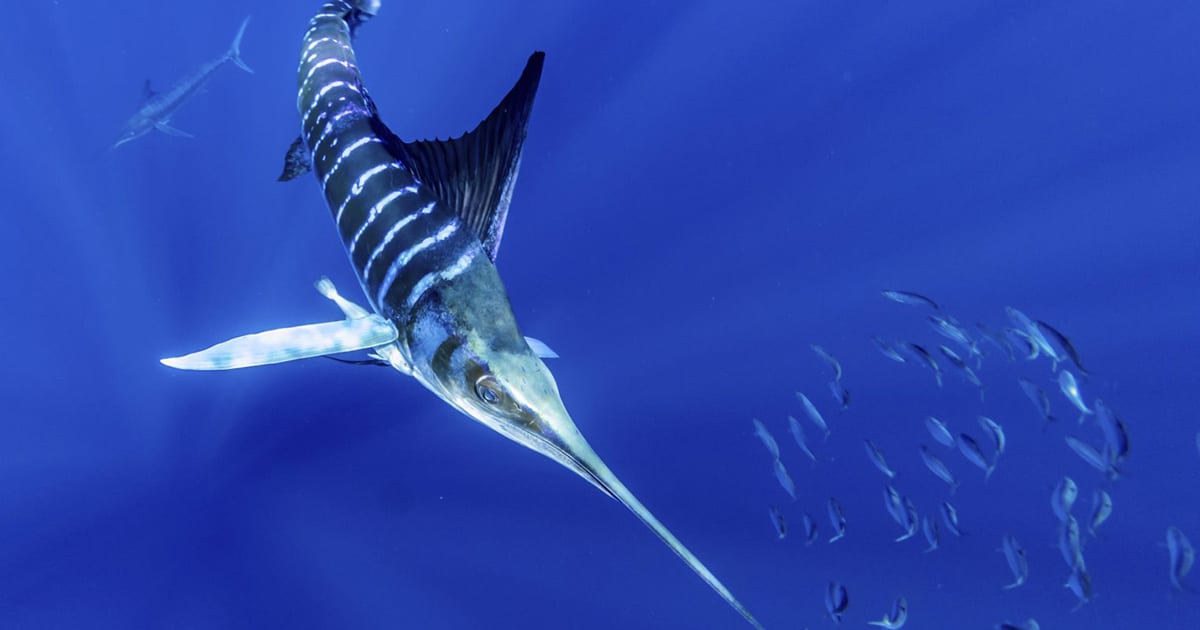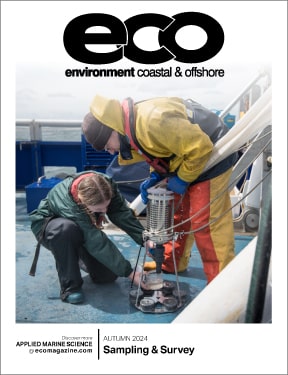Over 400 fisheries around the world, representing more than 17% of the annual global marine catch, are now engaged in the MSC program and MSC certified and labelled seafood products are now available in over 100 countries.
As the Fisheries Standard Manager you will have the opportunity to contribute to the running of the MSC’s Fisheries Standard and oversee the certification of fisheries by third-party auditors. You would join a close-knit team who develop the MSC Fisheries Standard and oversee more than 400 fisheries in the MSC Program, ensuring that our requirements are applied correctly and consistently.
This post has a particular focus on Principle 2 of the Fisheries Standard. As such, the ideal candidate will have a strong knowledge of environmental impacts of fishing, and how these impacts are managed and mitigated. Some of the key tasks that you will be involved in are:
- Oversight of a portfolio of fisheries that are undergoing assessment or annual review by third-party auditors
- Technical review of assessment reports, ensuring that MSC’s requirements and processes are being applied correctly
- Development of the MSC Fisheries Standard and related certification processes, keeping pace with global best practice
- Supporting colleagues and stakeholders in understanding and communicating the MSC’s requirements to a range of audiences
- Training auditors in the correct application of the MSC’s requirements and assessment processes.
To be successful in this role you will have professional experience in fisheries science or management, in particular the management of environmental impacts. This may include knowledge of issues such as the bycatch of endangered, threatened or protected species, strategies to address ghost fishing, protection and recovery of habitats or ecosystem-based fisheries management.
Key Responsibilities
This position will play a key role in contributing to the development and implementation of the MSC’s Fisheries Standard and Fisheries Certification Process.
Fisheries portfolio
- Manage a portfolio of fisheries in the program, including reviewing fishery assessment materials, processing variation requests, responding to queries and undertaking other administrative tasks.
- Provide oversight of the assessment process, involving technical review of fishery assessment reports and engagement with Conformity Assessment Bodies (CABs).
- Support the development of communications materials.
Technical work
- Contribute to the revision of the MSC’s Fisheries Standard, Fisheries Certification Process and other associated scheme documents, with focus on work related to Principle 2.
- Lead on technical tasks and projects, as required, involving project management, research and analysis, reporting and consulting with stakeholders.
- Support the development, implementation and evaluation of internal policies and procedures.
Internal and external collaboration
- Support systems and tools for effective sharing of information within and outside of the MSC.
- Deliver training and policy development briefings at external meetings and workshops.
- Represent the Fisheries team and Science & Standards as required.
Technical Skills, Qualifications, and Experience
- Degree, or equivalent experience, in a subject related to environmental sustainability e.g., fisheries science, natural resource management, sustainable development, marine conservation, environmental law or policy, etc; a post-graduate degree in one of the same disciplines is desirable
- Demonstrable professional experience within the fields of fisheries science, fisheries management, marine ecology or marine conservation.
- Excellent knowledge of environmental impacts of fishing and relevant mitigation measures and strategies; a working knowledge of the implementation of the ecosystem approach to fisheries management is desirable.
- Previous experience of environmental sustainability within the natural resource sector; specific experience in assessment and certification systems and processes is desirable.
- Knowledge or experience of third-party certification schemes including the MSC program and the role of ecolabelling is desirable.
- Well-developed IT skills, including use of standard software packages (MS SharePoint, Word, Excel, Teams, PowerPoint, Outlook).
Salary: Competitive
Application Deadline: October 25, 2022. 9:00 BST
Location: Any MSC office worldwide

